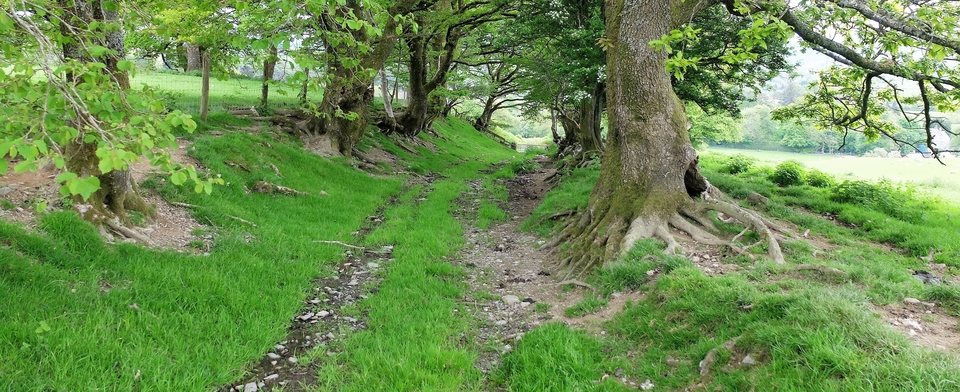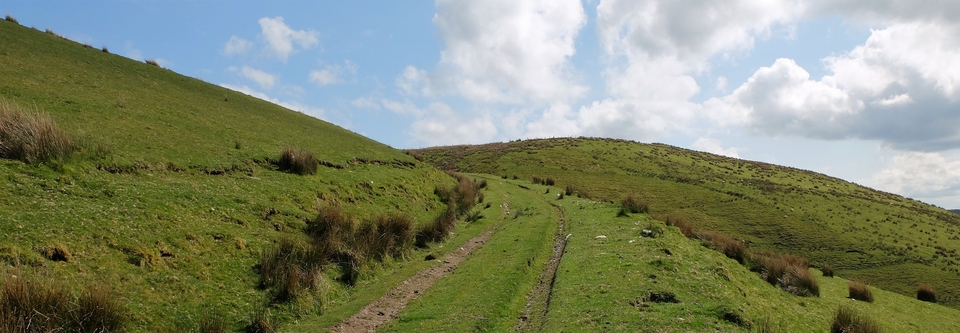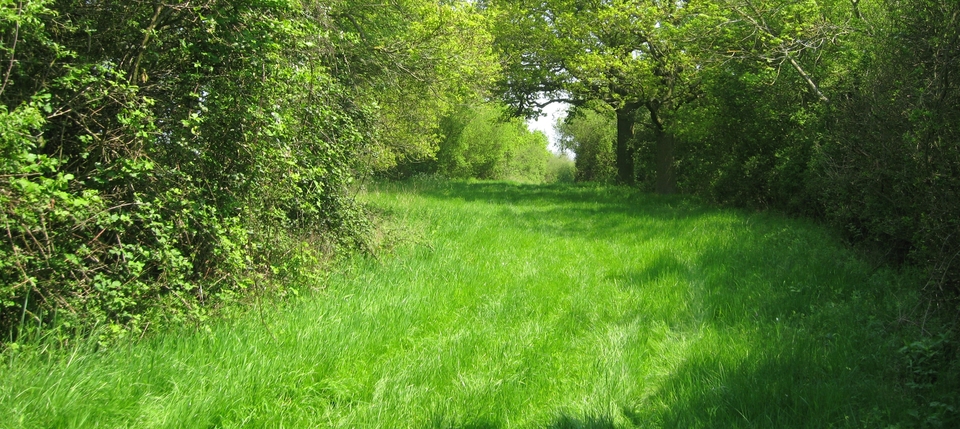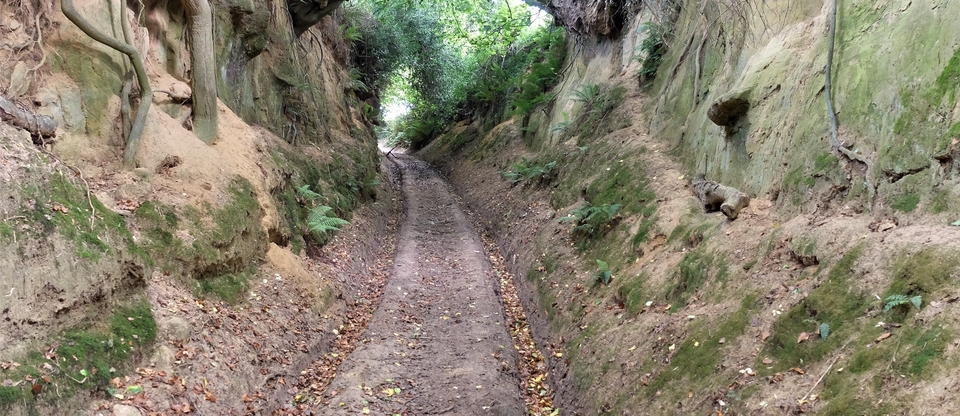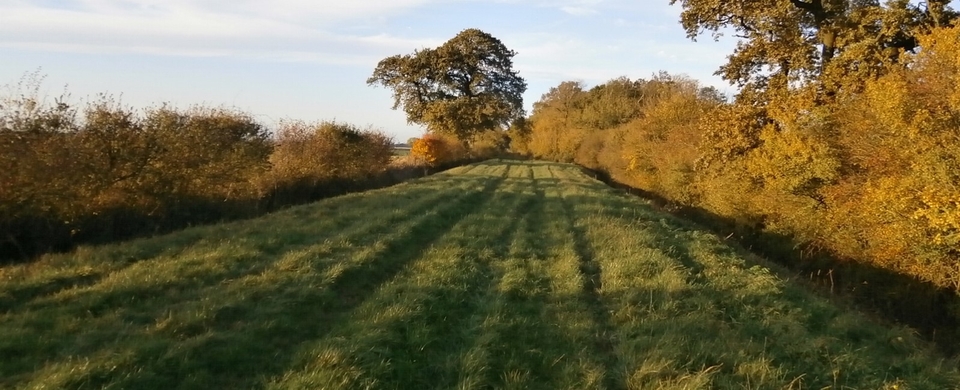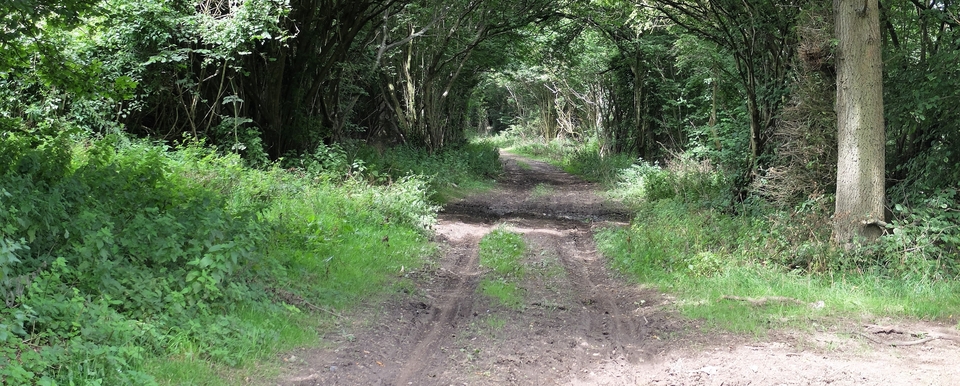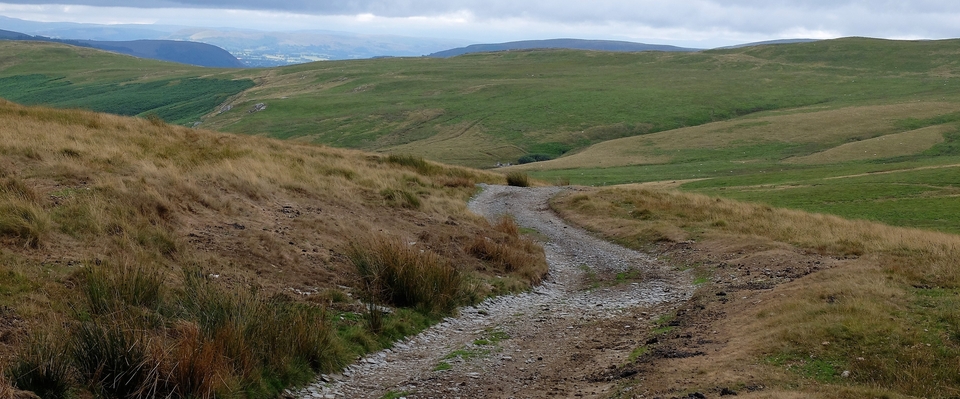Sir Guy of Huntspill
I am grateful to Maggie Roberts for this article. She has translated the poem below from the works of James Jennings (1772-1833) who collected West Country dialect, in particular Somerset. The first two verses are in the original, which can be found on the internet under James Jennings or ‘Particularly Somersetshire’, a free ebook.
Mr. Guywar a gennelman
O' Huntspill, well knawn
As a grazier, a hirch one,
Wi' lons o' hiz awn.
A ôten went ta Lunnun
Hiz cattle vor ta zill;
All tha horses that a rawd
Niver minded hadge or hill.
Over to Maggie…
The incident on which this story is founded, occurred in the early part of the last century ; hence the allusion to making a will before making a journey to the metropolis.
Mr. Guy. were a gentleman
Of Huntspill, well known
As a grazier, a rich one,
With lands of his own.
He often went to London
His cattle for to sell ;
And all the horses that he rode
Never minded hedge or hill.
He were a feared of no one ;
He never made his will,
Like other folk, before he went
His cattle for to sell.
One time he’d been to London
And sold his cattle well ;
He brought away a power of gold,
As I’ve a-heard tell.
As late at night he rode along
All through an unkempt wood,
A woman rose from off the ground
And right before him stood :
She looked so piteous Mr. Guy
At once his horse’s pace
Stopped short, a-wondering how, at night,
She comed in such a place.
A little trunk were in her hand ;
She seemed far gone with child.
She asked him if he’d take her up
To carry her a few mile.
Mr. Guy, a man of feeling
For a woman in distress,
Then took her up behind him :
He couldn’t do no less.
He carried her trunk before him,
And by his belt of leather
He bid her hold fast ; on they rode,
Without much talk, together.
Not far they went before she gived
A whistle loud and long ;
Which Mr. Guy, thought very strange ;
Her voice too seemed so strong!
She’d lost her dog, she said; and then
Another whistle blowed,
That startled Mr. Guy ; — he stopped
His horse upon the road.
Go on, said she; but Mr. Guy
Some trick beginned to fear :
For voices rose upon the wind,
And seemed a-coming near.
Again they rode along; again
She whistled. Mr Guy
Whipped out his knife and cut the belt,
And pushed her off! — For why ?
The woman he took up behind,
Begummers, were a man ,
The robbers so had laid their plots
Our grazier to trepan.
I shall not stop to tell what said
The man in woman’s clothes;
But he, and all of them just behind,
Were what you might suppose.
They cursed, they swore, they threatened too,
And after Mr. Guy
They galloped all ; ‘twere all in vain:
His horse along did fly.
Over downs, through dales, away he went,
‘Twere daylight now almost,
Till at an inn he stopped, at last,
To think what he had lost.
Had lost ? — why, nothing — but his belt ! —
A something more he’d gained :
Thicke little trunk he carried away —
It gold galore contained!
If Mr, Guy were rich before,
He now were richer still :
The plunder of the highwaymen
His coffers went to fill.
In safety Mr. Guy rode home ;
And often told the story.
To meet with adventure such as this
I shouldn’t, friend, be sorry.
NOTES
MR. GUY.
The Parish burial register records Andrew Guy Snr 1776.
Guy’s Farm is on Church Road, between the church and the A38. A grazier fattened cattle ready for the market.
HUNTSPILL.
A large agricultural parish with several scattered hamlets. It is protected from high tides and storms by the sea wall.
LONDON.
The rapidly growing population demanded increasing amounts of fresh meat. Drove roads had banks to prevent livestock escaping. Overnighting pastures were often marked by a stand of three Scots pines. At about 140 miles it probably would be a journey of 12 days. Homeward journey a lot less. The herding team with wagons would be slower.
TREPAN
Two meanings: One, to remove a circle of bone from the scalp. The other to trap. Neither a good outcome for Mr. Guy.
